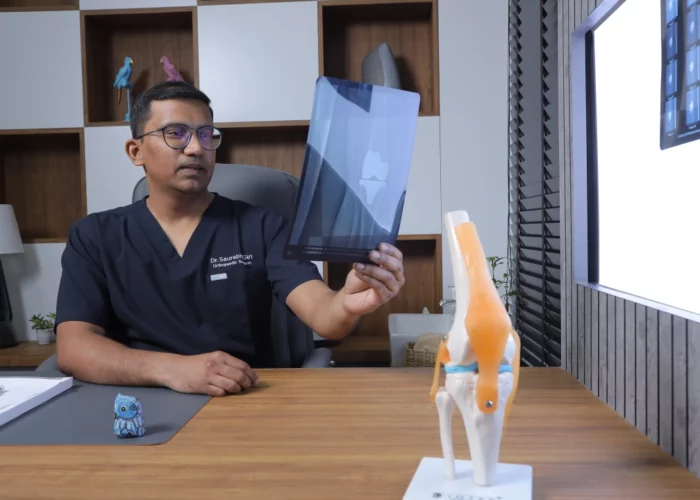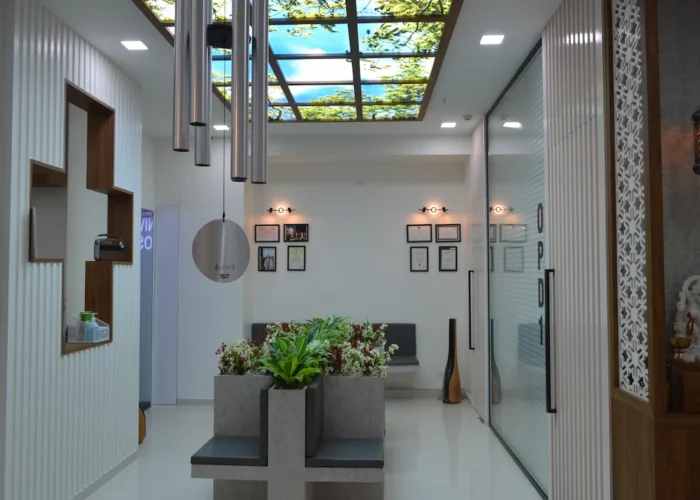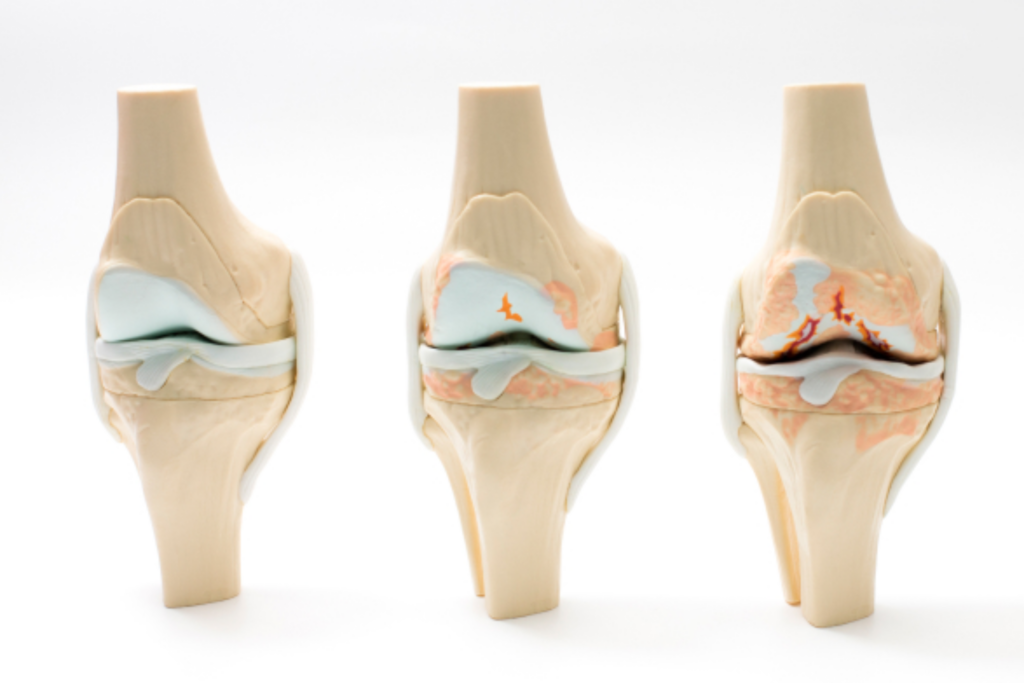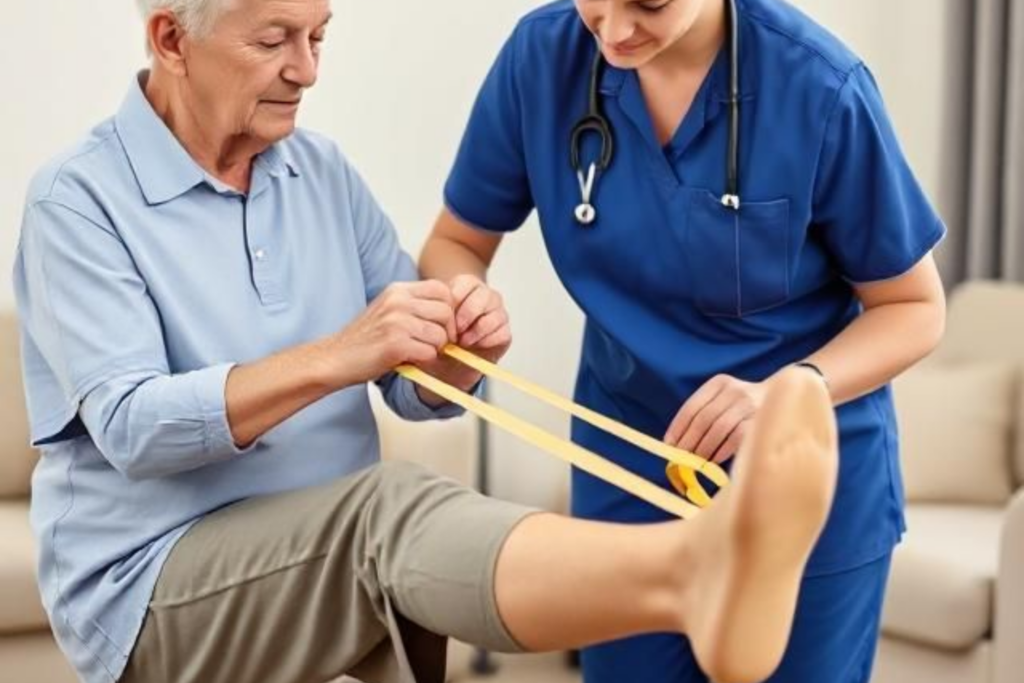Hip Replacement: DA(Direct Anterior Approach) or MIS(Minimal Invasive Surgery)
It is a medical condition in which there is death of bone tissue due to lack of blood supply. This leads to bone collapse and joint pain. AVN can occur in any bone, but most commonly affects the hip joint. It can be caused by factors such as injury, long-term use of corticosteroids, excessive alcohol consumption, post COVID infection and certain medical conditions. Treatment options include pain management, joint protection, and in some cases, surgery.
Avascular necrosis is the death of bone tissue due to a lack of blood supply. Also called osteonecrosis, it can lead to tiny breaks in the bone and cause the bone to collapse. The process usually takes months to years.
A broken bone or dislocated joint can stop the blood flow to a section of bone.
This condition is most commonly seen in individuals between the ages of 20 and 50 and is more common in males. It can be the result of trauma, excessive alcohol consumption, and certain medications, such as corticosteroids. Many patients who had COVID-19 infection are now developing AVN of femoral head.
Symptoms include joint pain, stiffness, and decreased range of motion, which can lead to difficulty walking and hip dysfunction.
Treatment of avascular necrosis of the femoral head typically involves physical therapy and surgical intervention.
The probability of needing surgery for Avascular Necrosis (AVN) depends on the severity of the condition and the stage of the disease. In some cases, AVN can be managed with non-surgical treatments such as pain management, physical therapy, and joint protection. However, in more advanced cases, surgery may be necessary to help preserve joint function and relieve pain.
The following surgical options may be considered for AVN:
- Core Decompression and Stem Cells therapy: Multiple drill holes made in the femoral Head and Stem cells are injected into the femoral head area.
- Joint replacement – removing the damaged joint and replacing it with an artificial joint.
The specific surgical procedure recommended will depend on the location and extent of the AVN, as well as the patient’s age, overall health, and lifestyle. Your doctor will help determine the best course of treatment for your individual needs.
Prevention: To reduce the risk of avascular necrosis and improve general health –
1. Limit alcohol. Heavy drinking is one of the top risk factors for developing avascular necrosis. Keep cholesterol levels low. Tiny bits of fat is the most common substance blocking the blood supply to bones.
2. Monitor steroid use. Make sure your healthcare provider knows about your past or present use of high-dose steroids. Steroid-related bone damage appears to worsen with repeated courses of high-dose steroids.
3. Don’t smoke. Smoking narrows blood vessels, which can reduce blood flow.
Avascular necrosis (AVN) is typically treated by a team of healthcare professionals, including an Orthopedic surgeon – who specializes in diagnosing and treating musculoskeletal problems, including AVN.
It’s important to consult a doctor as soon as possible if you suspect you have AVN, as early treatment can help prevent or slow down further joint damage.
Hip replacement, also known as total hip arthroplasty, can be a treatment option for Avascular Necrosis (AVN) of the hip joint in advanced cases when non-surgical treatments are no longer effective. The procedure involves removing the damaged parts of the hip joint and replacing them with artificial components.
Hip replacement can help relieve pain, improve joint function, and increase mobility in patients with AVN. Success rate of hip replacement surgery is very high. Your doctor will consider factors such as the extent of the AVN, the patient’s age, overall health, and lifestyle before recommending hip replacement.
It’s important to carefully weigh the potential benefits of hip replacement with your doctor and to have a clear understanding of the post-operative care and rehabilitation requirements before making a decision.
What people are saying about our services and treatments
Read what our patients have to say. Thank you for your trust and support!
Blogs
Contact Us
Find frequently asked questions and
important information about us
How to book an appointment?
Call our clinic at +91 9156580303. Make an appointment time that works for you. Come prepared and bring with you important documents. Come early to your appointment.
What is waiting period for general checkup?
In normal days there is no such waiting period for general checkups. If there are some operations so that there are waiting period of maximum 30 minutes and for emergency there are no waiting period.
Is there any online appointment form?
No, there is no need to fill out any kind of online appointment form. But, you can book an online appointment through platforms like our website, practo or you can directly call us.




